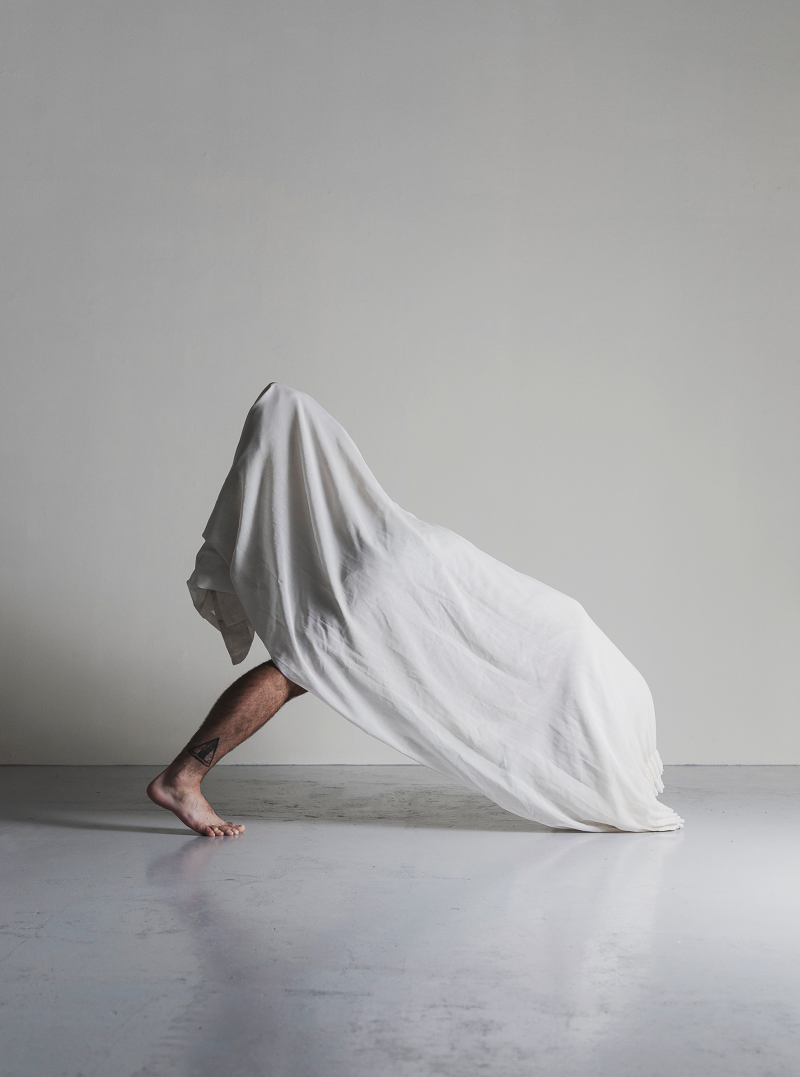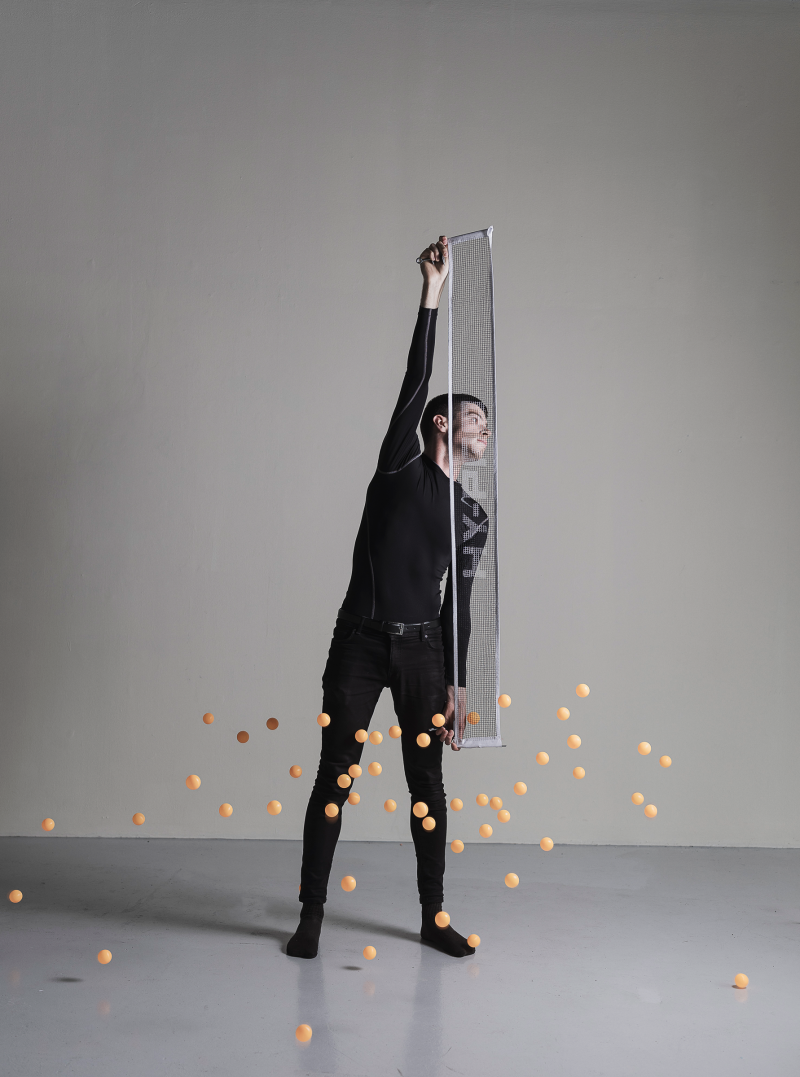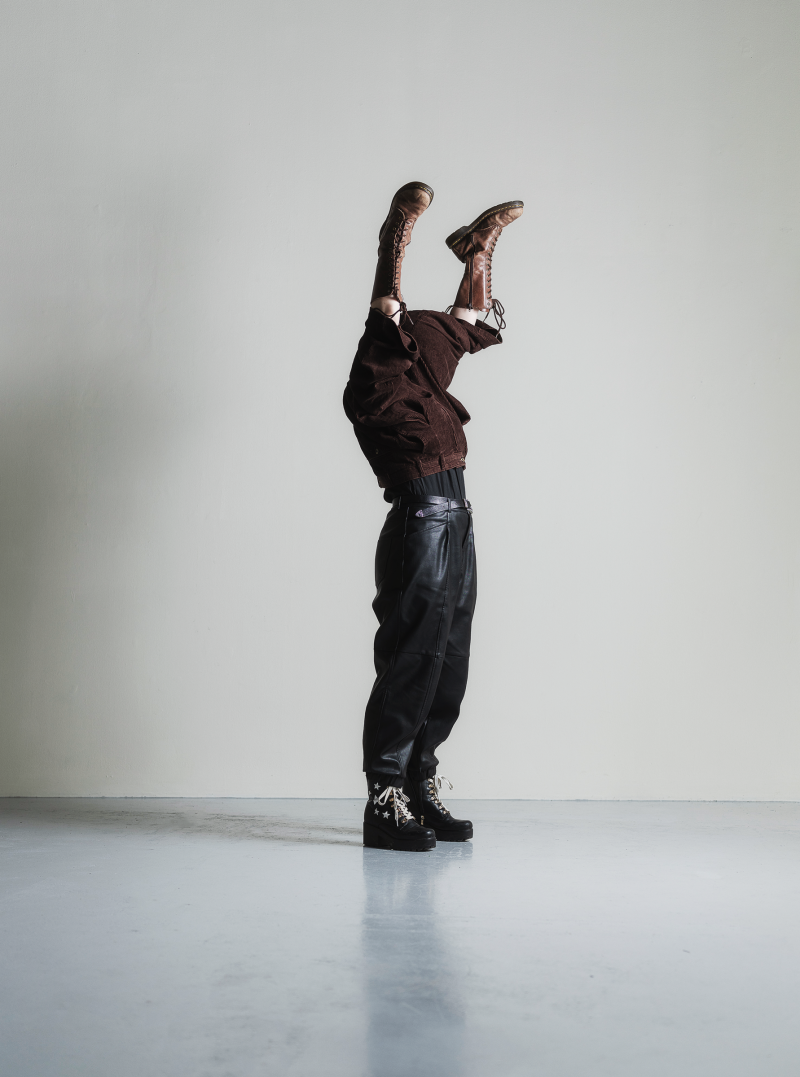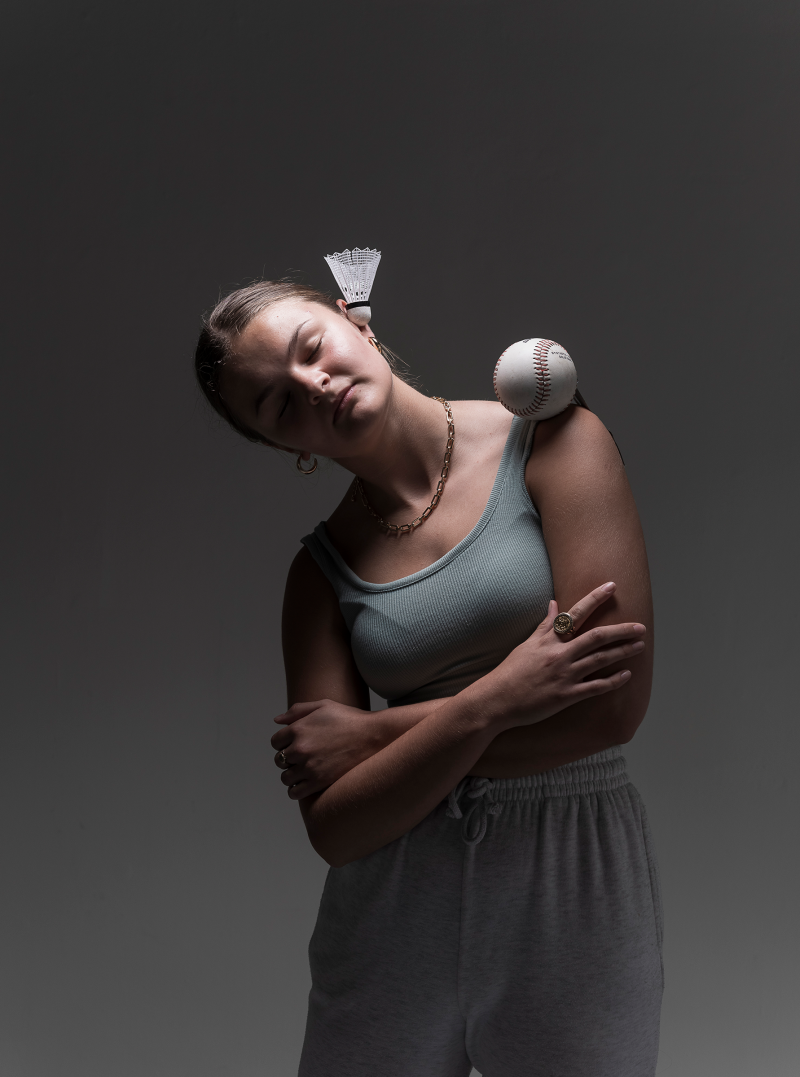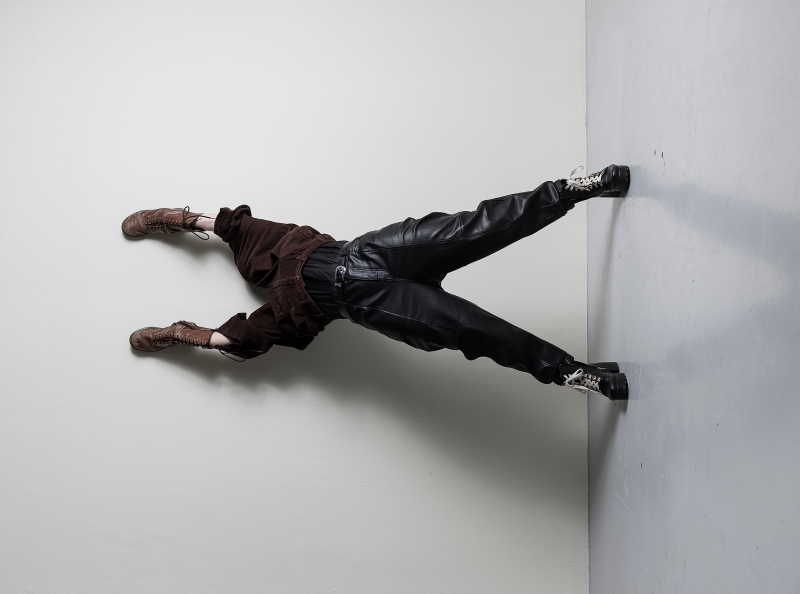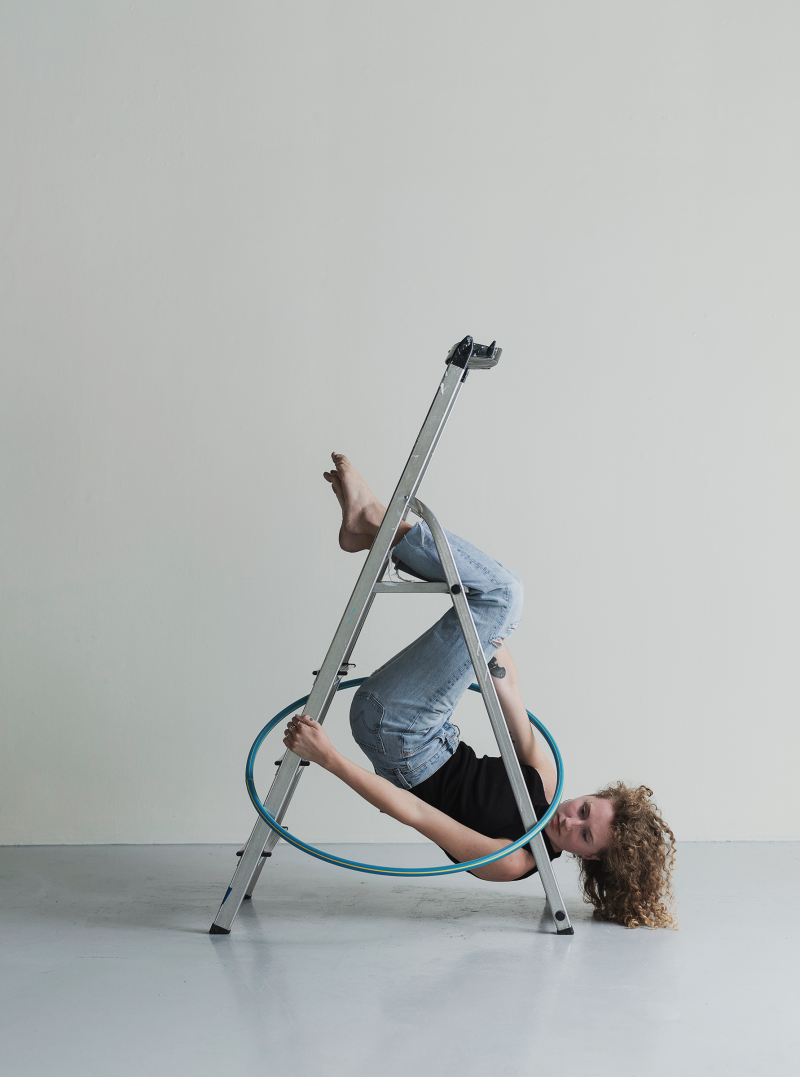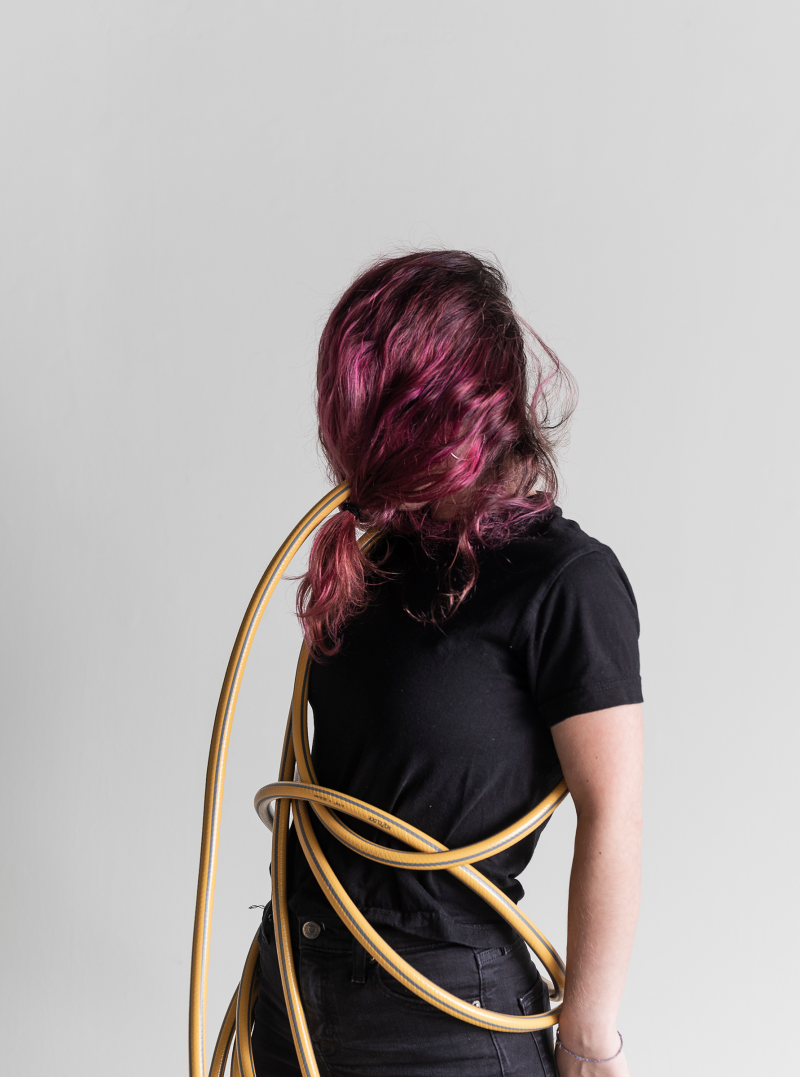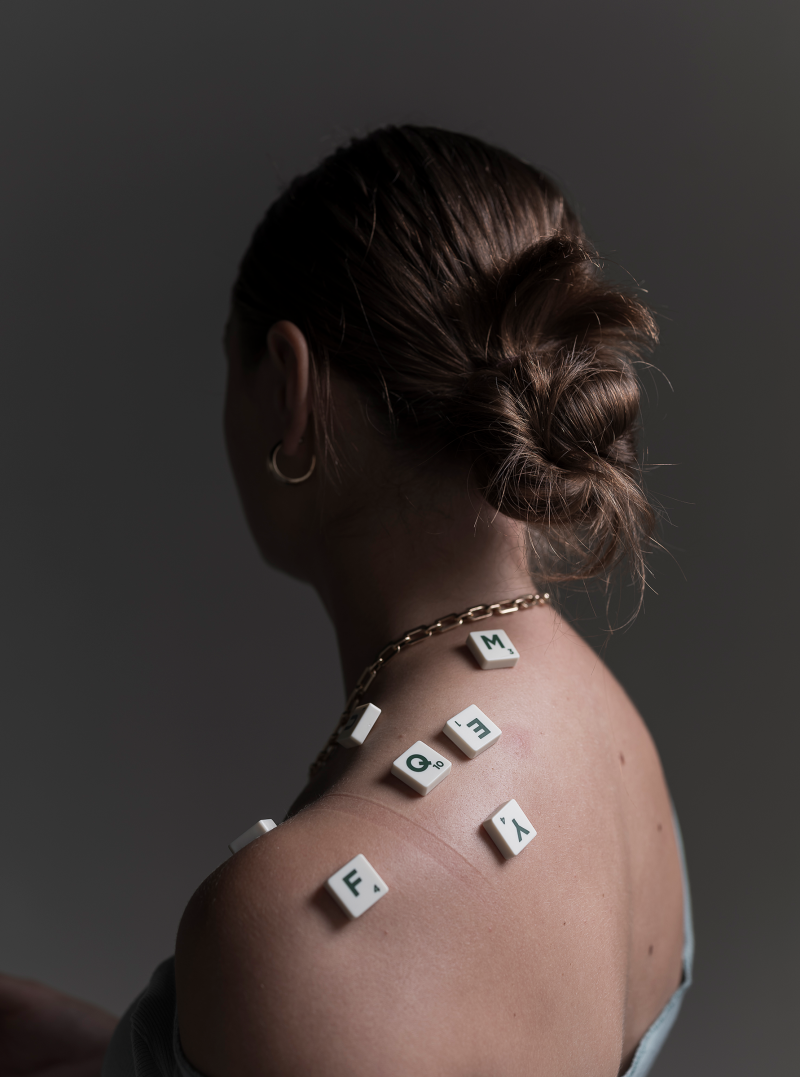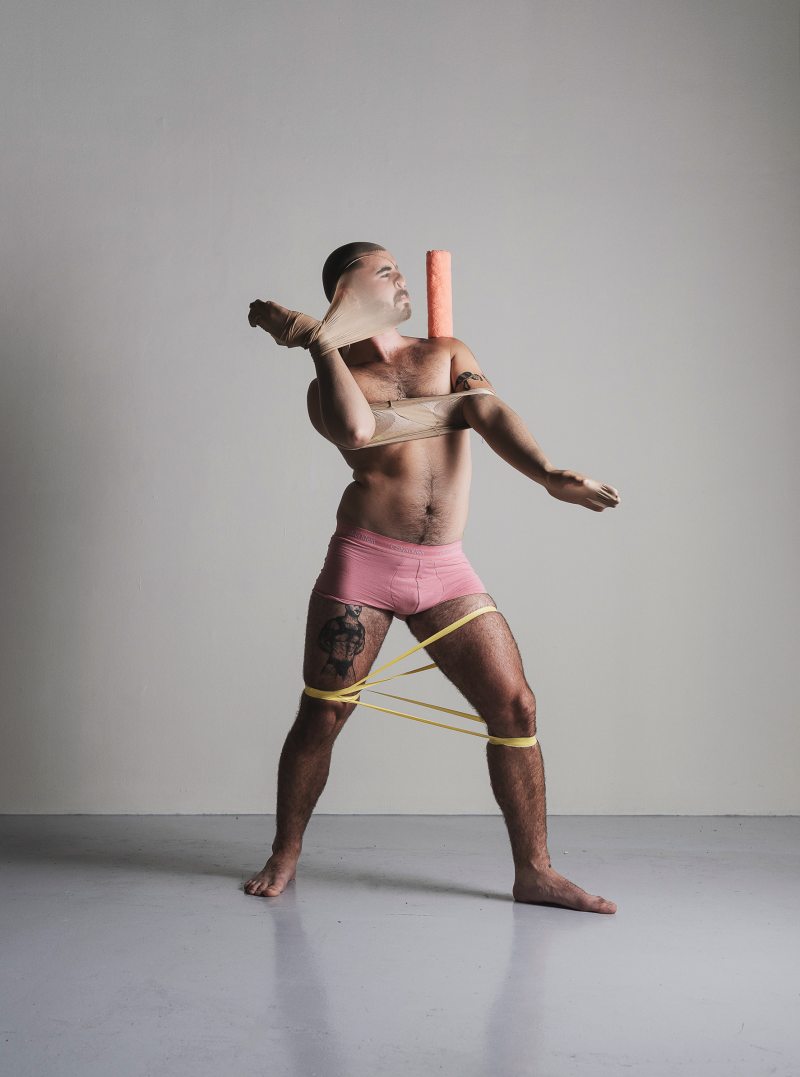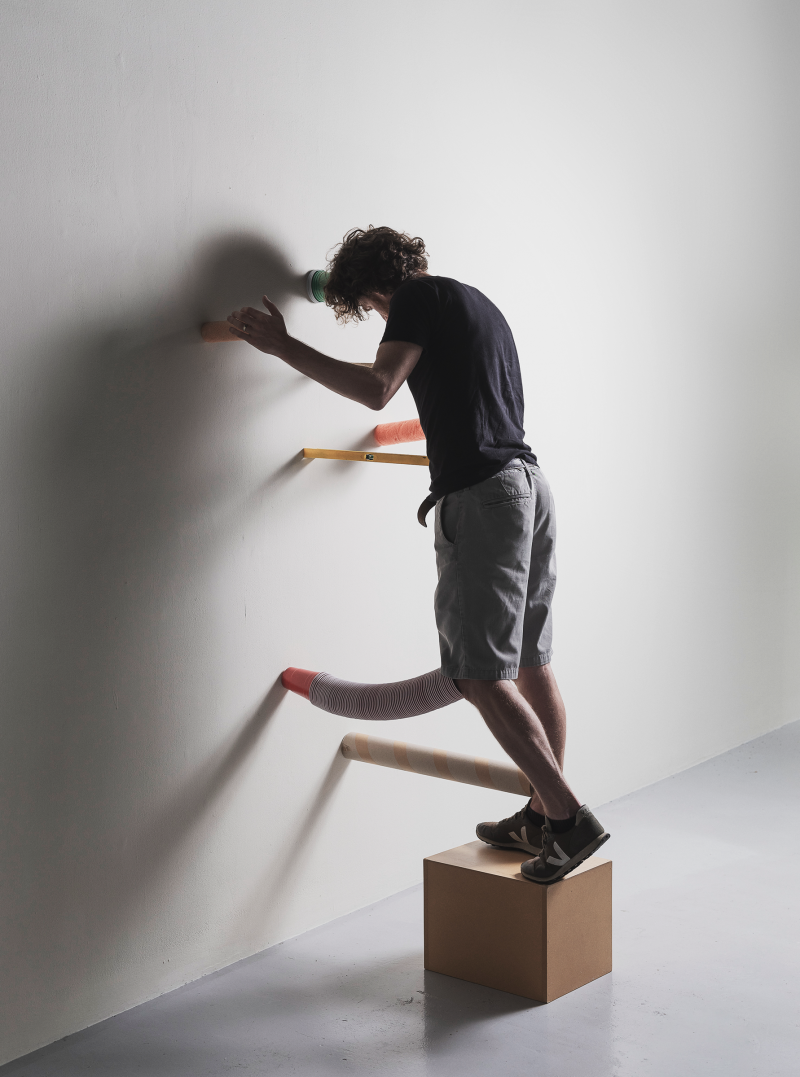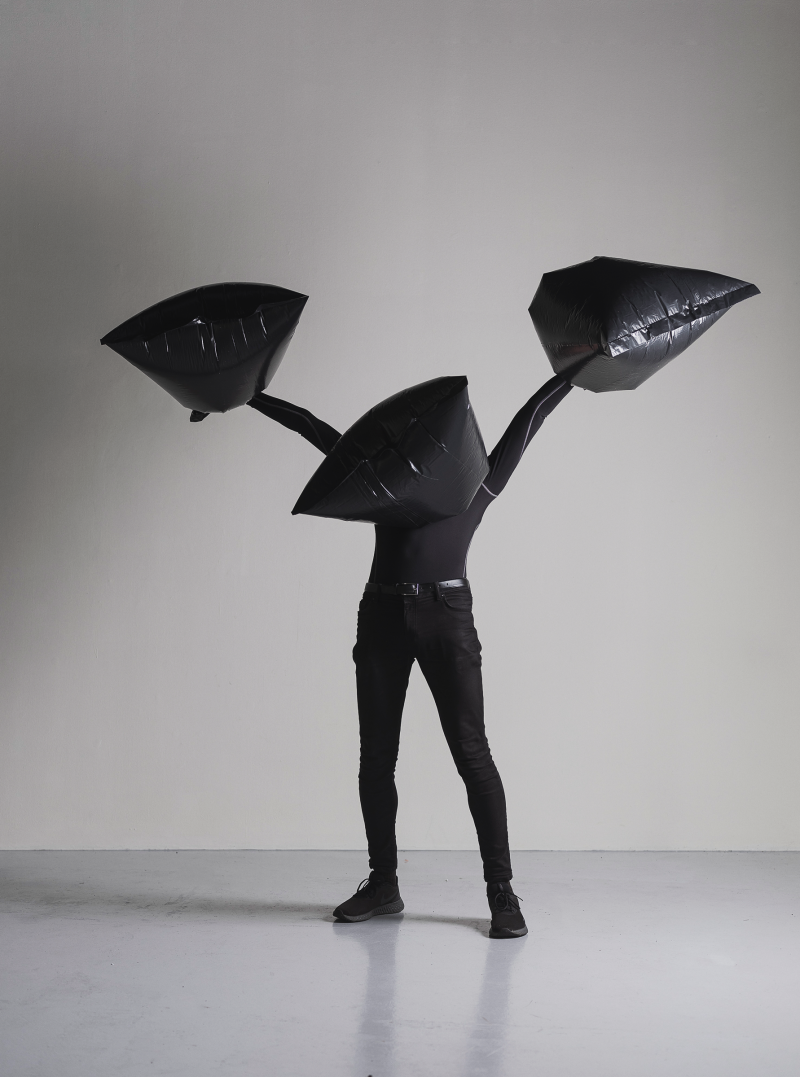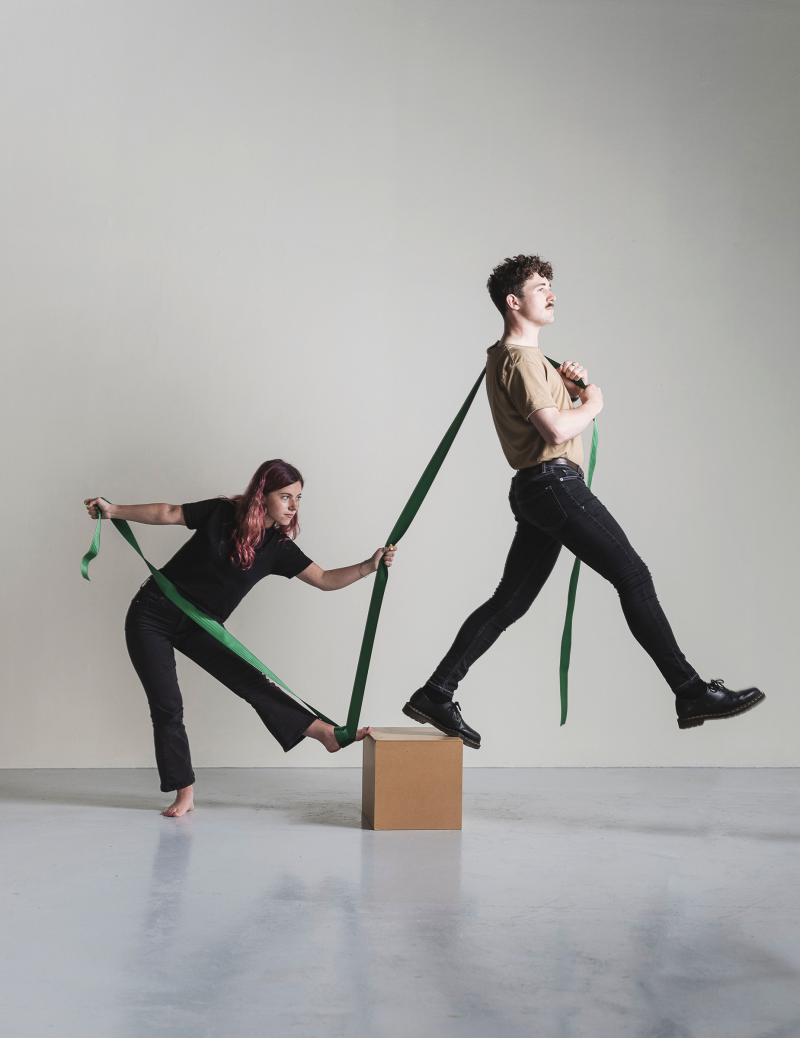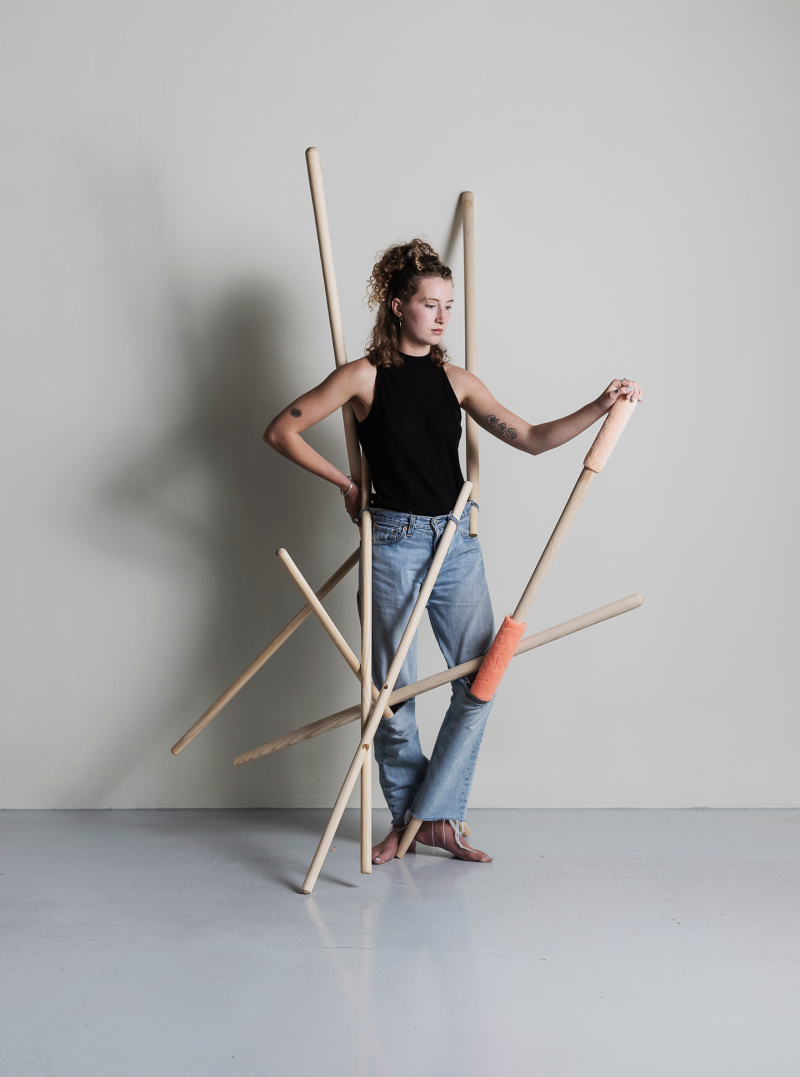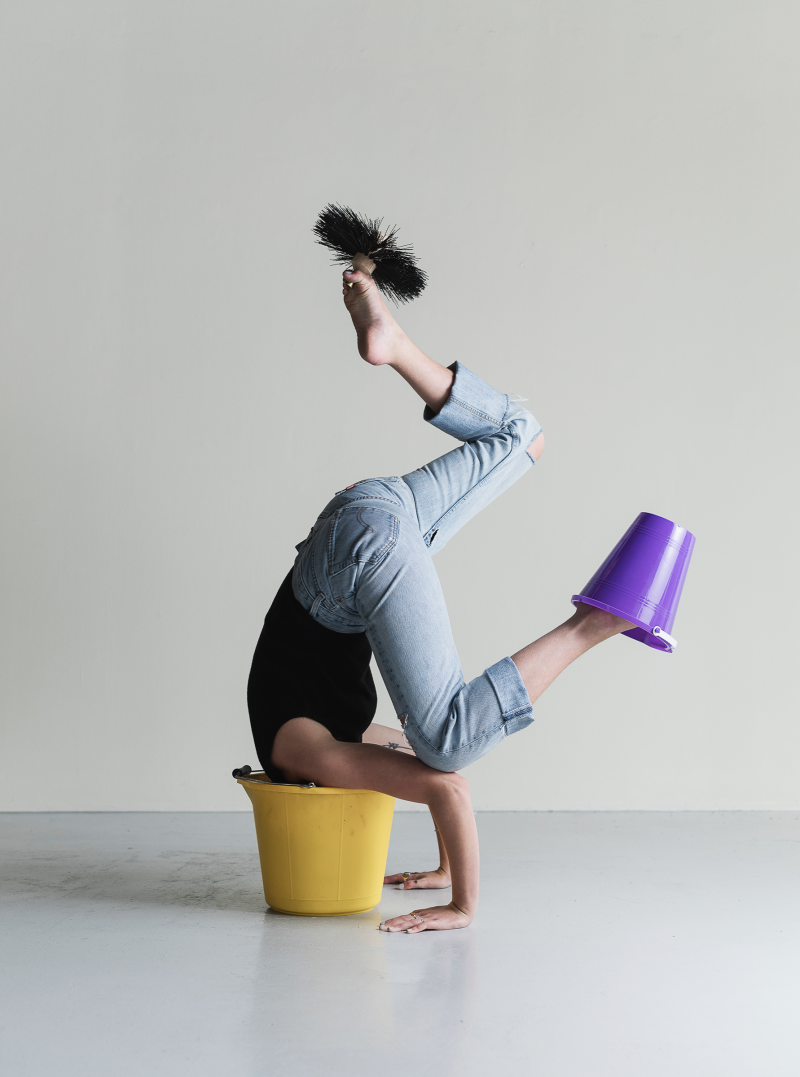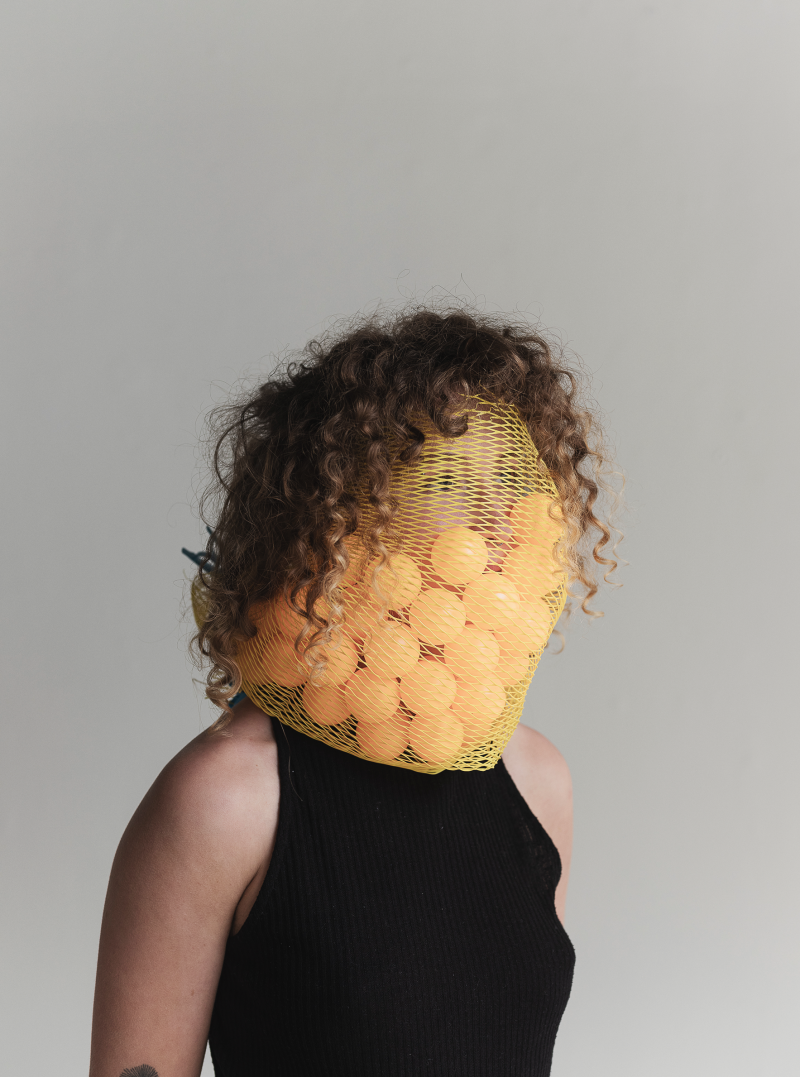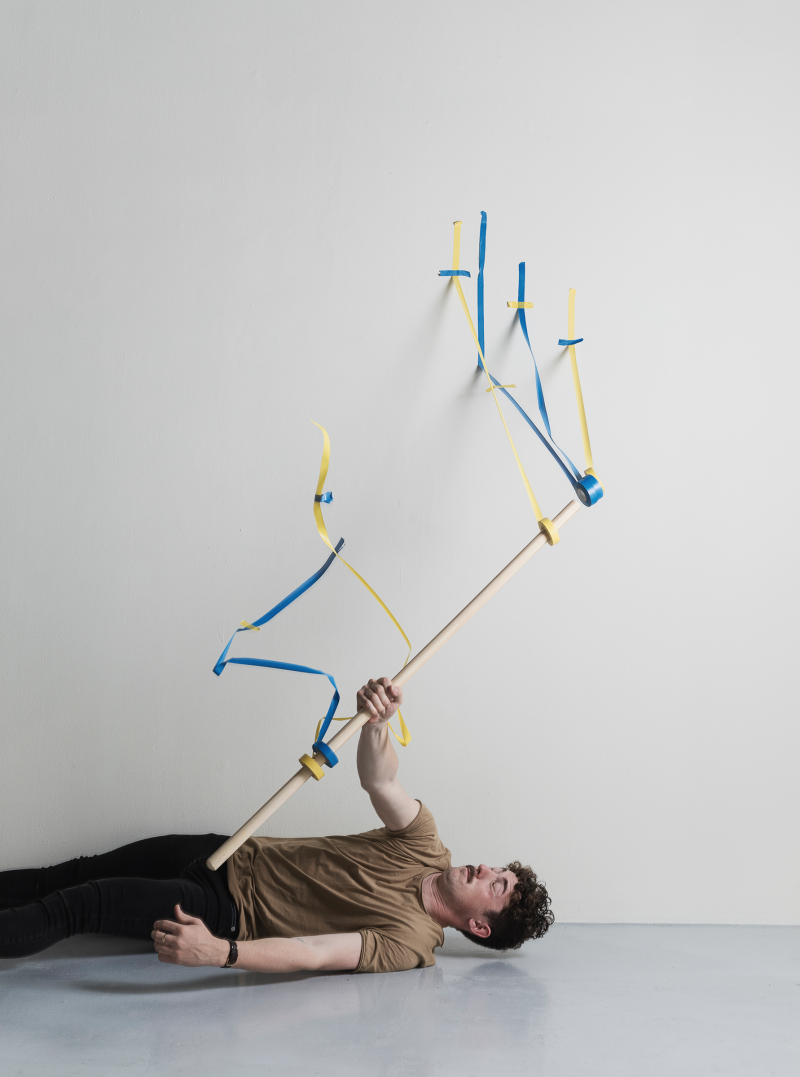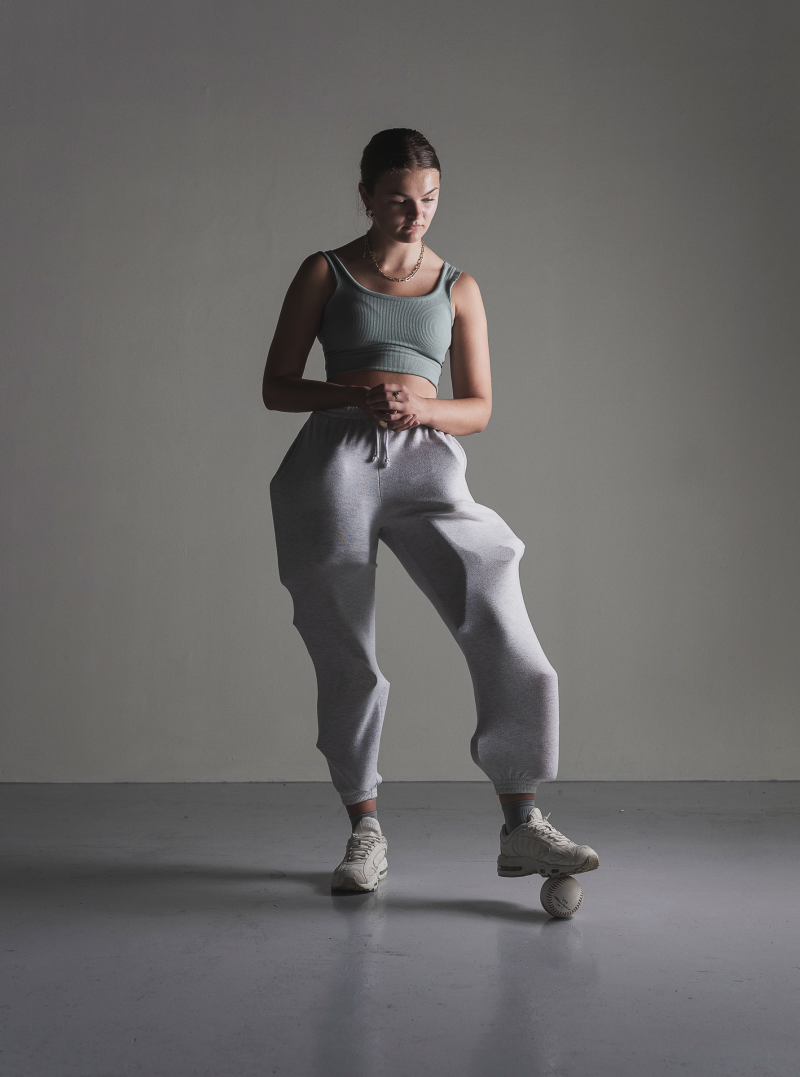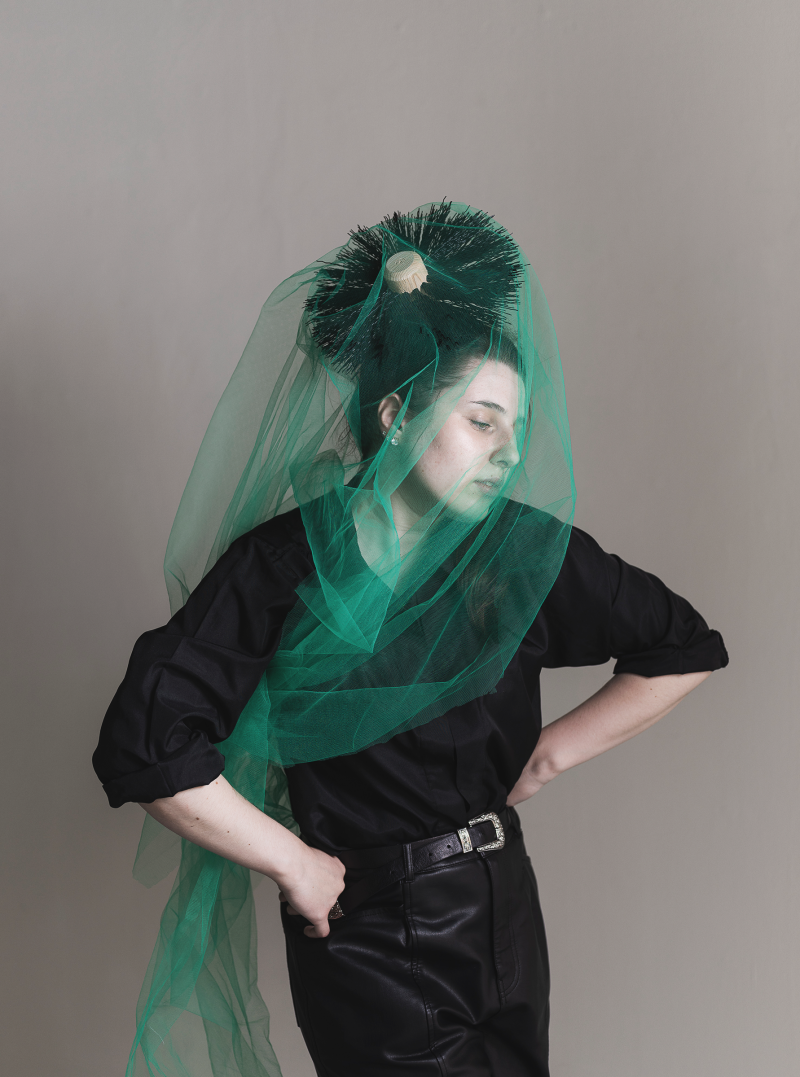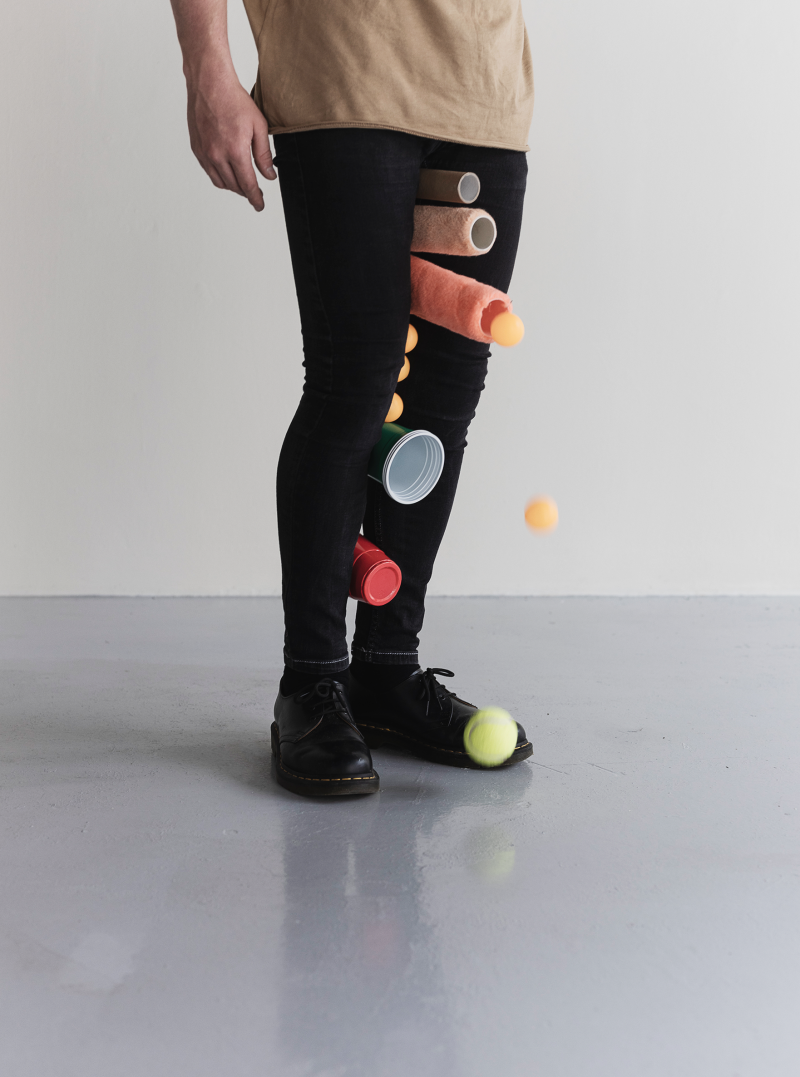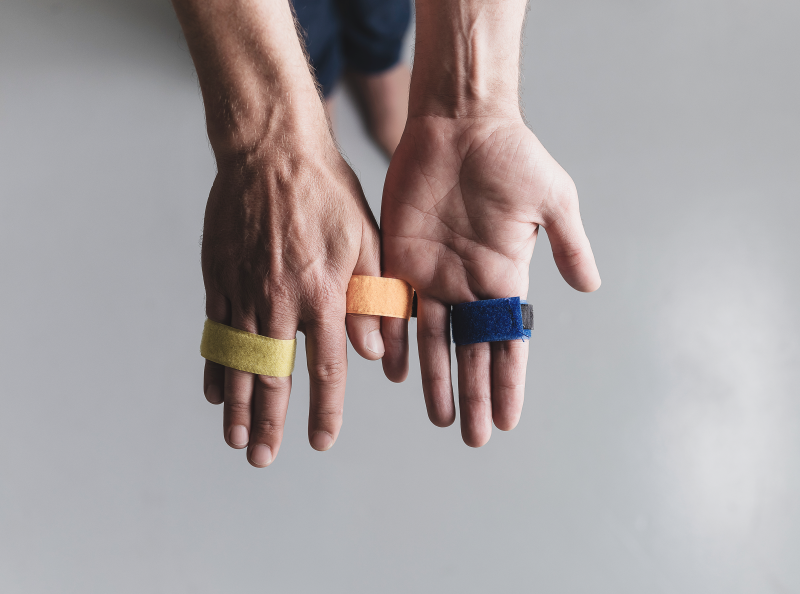Textile & Surface Design

Textile & Surface Design at NCAD will help you to develop your full creative potential as a designer of the surfaces and textiles that will surround us in the future. The Textile & Surface Design course has two streams; TSD Print which includes screen print and digital print, and TSD Constructed which includes woven textiles and knit.
What will I study?
The programme focuses on designing and creating fabrics and materials for use in fashion, accessories, interiors and the broader design field. Throughout the programme you will develop your knowledge and expertise through the use of traditional and new design and production processes for printed and constructed textiles. The programme is driven by design briefs and producing design outcomes for fabrics and other materials and surfaces. NCAD offers a range of facilities for realising textile design work including digital print, screen print, transfer print, loom-weaving, knit, embroidery, laser cutting and 3D printing.

Year 1
The first year experience for BA students at NCAD begins with a foundational semester of interdisciplinary Art and Design creative practice and research. In the second semester all Design students undertake projects spent within selected de-sign programmes. This is to give you a working taste of your chosen discipline and/or those that you are interested in and would benefit from experiencing. The second half of Semester 2 introduces students to key processes and practices in Textile Print and Constructed textiles, encouraging the creative and critical development of a personal practice and introducing fundamental disciplinary design and technical methods.
Year 2
The focus in the second year is on developing a personal visual language and the skills necessary to translate this into a successful textile and surface design practice in either Textile Print or Constructed Textiles. The focus is on designing textile surface designs for fashion, lifestyle and the living environment. These involve intensive skills-based workshops that explore processes in visual research, digital design skills, and the making of textiles through screen-print, digital print, construction, knit and embroidery. The programme is underpinned by group seminars, tutorials and critiques. You will also focus on researching and defining a specific audience and developing a market understanding through engagement with secondary research and collaborative projects.
Year 3: Studio+ & International
Studio+ is an optional year open to all Design students allowing you to engage with the world beyond NCAD by gaining practical work experience in the form of working within the NCAD Design Bureau on live commercial, social or community projects and/or undertaking approved internships and industry placements. Studio+ can also include a work placement abroad or a study abroad experience through the Erasmus programme with internationally recognised art and design faculties partnered with NCAD. Students who choose Studio+ will complete a 4 year BA in Textile & Surface Design or a 4 year BA Textile & Surface Design (International).
Final Year
In the final year, students are ready to develop their own programme of study, which reflects each individual’s skills and interests within Textile & Surface Design. This will culminate in a self-set design project and the production of a collection of textiles and surface design prototypes that will form the basis of a professional portfolio. Each year is supported by a series of lectures by leading creative practitioners and theorists, collaborative interdisciplinary opportunities, live industry projects, field trips, and study visits.

How will I be assessed?
Assessment throughout the programme, in both your studio practice and in Critical Cultures, will be on a continuous basis, at the end of each completed module and at the end of each semester (half-year). Formal assessment results will be issued at the end of each academic year. Modes of assessment will include practical and written assignments, oral and visual presentations, portfolios and exhibitions.
Critical Cultures
A key component of your curriculum in every year is the study of Critical Cultures. This is where you study the connections between history, theory and practice in modern and contemporary contexts in order to become a critically engaged, reflective and effective practitioner.
Find out more on the Find out more
Opportunities after graduation
Textile & Surface Design graduates have a wide range of local and global opportunities open to them. The Textile & Surface Design pathway has a proven track record in educating assured designers who follow successful careers within the fashion, interior and lifestyle product industries. Graduates have become in-house textile designers for national and international fashion and interior textile design companies. There are also possibilities for graduates to establish their own design practice working freelance or establishing their own design studio or brand. Related graduate careers include trend forecasting, creative directors, design agents and buyers, colourists, illustrators, visual merchandisers, design researchers, and educators. Increasingly graduates progress to further study at postgraduate level to refine their creative abilities and approach. The School of Design offers a range of innovative masters programmes, as well as a practice-based PhD programme.
Student & Graduate Stories
Eva Kerley, BA Textile and Surface Design 2023
Design Competition Awards/Achievements
Institute of Designers in Ireland Graduate Award in Textiles
Robin and Lucienne Day Foundation Award
Shortlisted for the Global Graduate Design Show in Fashion/Textile Design
Commendation in the SDC Colour Competition
Briefly describe what impact will your design competition success make?
Winning a textile design competition in Ireland or beyond will elevate your professional profile by adding a prestigious achievement to your CV and LinkedIn. This success enhances your visibility in the industry, opens doors to networking opportunities, accelerates career development, and validates your skills. It contributes positively to the Irish design community and establishes you as a standout talent.
Amy Kerr, BA in Textile and Surface Design 2021
Why did you decide to study at National College of Art & Design?
NCAD was my dream college and I always wanted to study there. NCAD has a brilliant reputation. It is one of the only universities I am aware of that offers a Core Studies year in your first year of your degree.
Core Studies enables you to explore various art and design departments and disciplines before you get to select the one(s) you would like to specialize in. To get the most out of this opportunity, you are encouraged to be very experimental. While I had an idea that I wanted to go into the School of Design, I wasn’t 100% sure which department to go into. I would not have discovered Textile and Surface Design if I hadn’t had the opportunity to try it out in my first year.
NCAD was such a magical experience. It has really helped shape me, not only as a designer but also on a personal level too. I could not have achieved this without the amazingly supportive NCAD staff, students, and Students Union.
